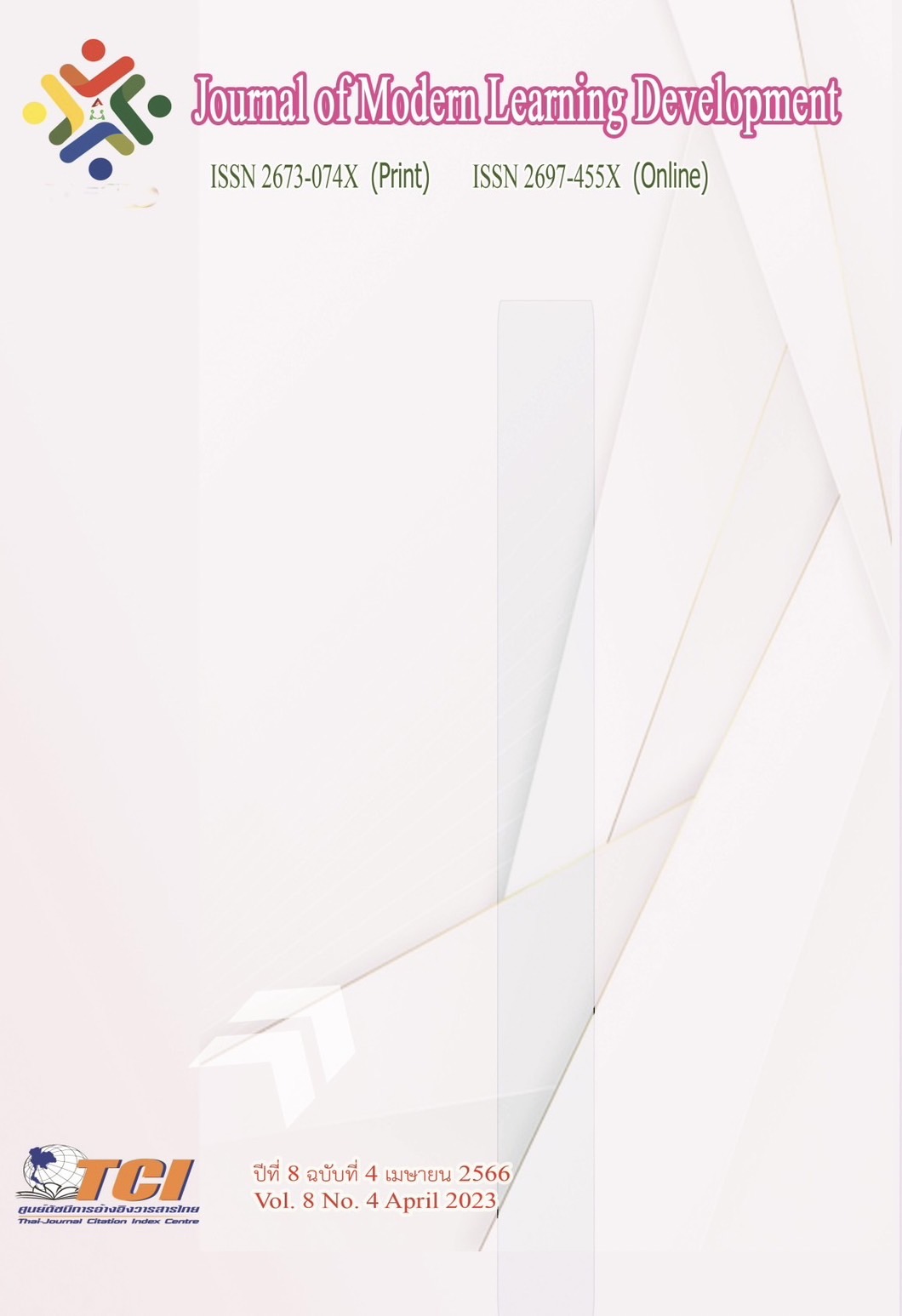Philosophical reflections on Study in Chinese bamboo Flute in China
Main Article Content
Abstract
In the early 1980s, the teaching of national instrumental music began to explore how to diversify and make teaching methods of national instrumental music scientific. Many researchers began to ponder the deep problems of bamboo flute teaching in expanding new thinking space and academic dimensions. Due to the rigidity of performance, teaching, and creation of national instrumental music for a long time and the repression of conservative ideas, it has been unable to find new ideological resources and thinking perspectives. It cannot produce a new thinking platform from the old teaching system. This article presents philosophical reflections on a study of the Chinese bamboo flute.
Article Details
References
Geng, T. (2003). On the Main Characteristics of the Development of Chinese Bamboo
Flute Art in Different Historical Periods, Music of China.
Kang, T. (2008). A Preliminary Study on Kunqu and Flute Music. Yihai.
Li, Z. (2012). Basic Course of Music Analysis and Creation, Baihua Literature
Publishing House.
Lin, K. (2009). History of Chinese Xiao and Flute. Shanghai Jiao Tong University Press.
Lin, Q. (1999). An Examination of East Asian Musical Instruments. People's Music
Publishing House.
Pu, D. (2003). 50 Years of Folk Music Records. China Literary Federation Press.
Sun, J., & Zhou, Z. (2012). General History of Chinese Music. Shandong Education
Publishing House.
Xu, H. (2005). The New Breakthrough of "Dong Xiao Fu" and "Flute Fu" to the
Music Theory of Han Dynasty. Chinese Historical Literature Research Society.
Yang, Y. (1981). Historical Manuscript of Ancient Chinese Music. People's
Music Publishing House.
Zhan, Y. (1997). The Style of North-South Diqu and Its Playing Schools. Music of
China.
Zhang, W. (1988). Five Folk Music, Music of the People.
Zhang, W. (2011). Bamboo Flute Art Research. People's Music Publishing House.
Zhao, X. (2011). Diyi Spring and Autumn. People's Music Publishing House.


